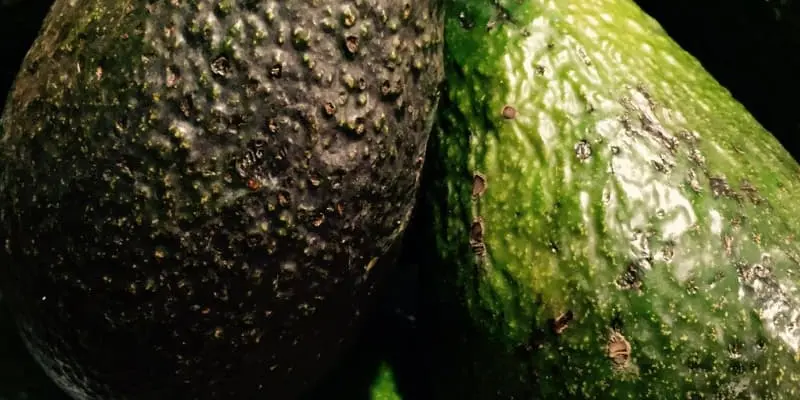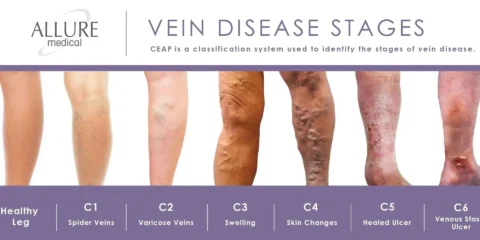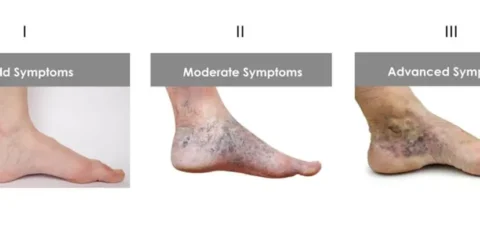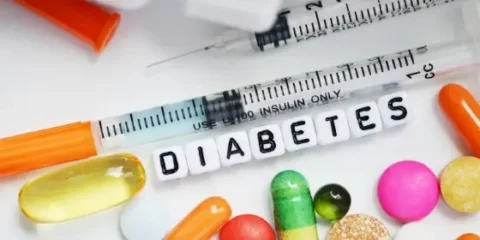Varicose veins aren’t fun. They aren’t fun to look at, and they aren’t fun to live with. But for millions of Americans across the country, varicose veins are an unpleasant, everyday reality.
Which is why the team at Allure Medical, takes tremendous pride in its commitment to helping people combat varicose veins whether it be through treatment—like our Radio Frequency treatments—or lifestyle advice. In this blog, we’ll touch on some of thing things you can eat in your war against the development of varicose veins.
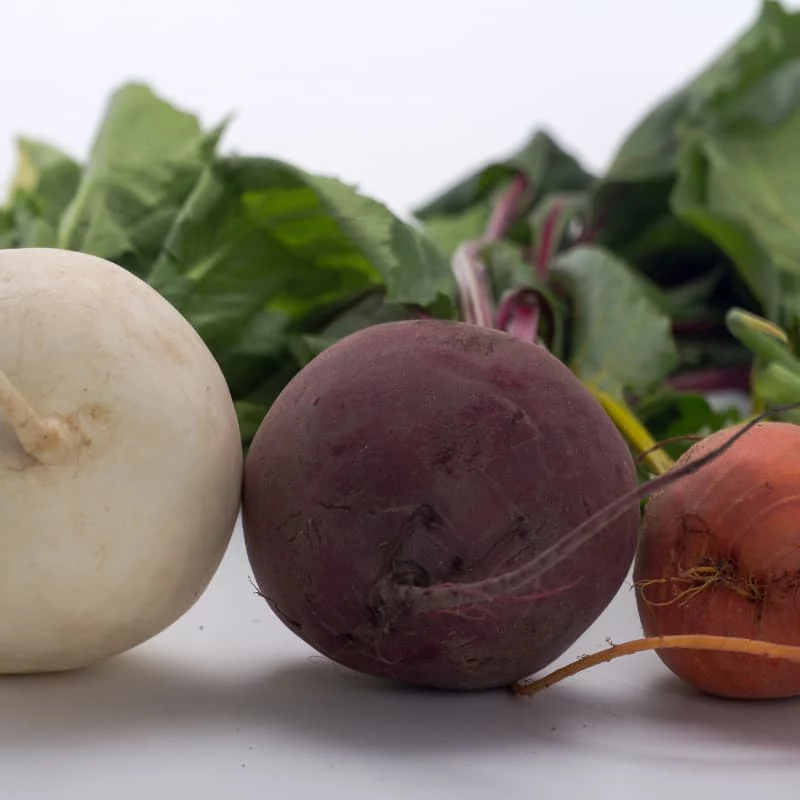
Beet Roots
Beet roots (and even beet tops) help the circulatory system combat the formation of varicose veins whether they’re consumed raw (in the form of beet juice) or cooked until tender and enjoyed in a salad or as a side dish. How do they do it? They do it with betacyanin, a chemical that lowers the amount of homocysteine (an amino acid) that leads to damage in the blood vessels.
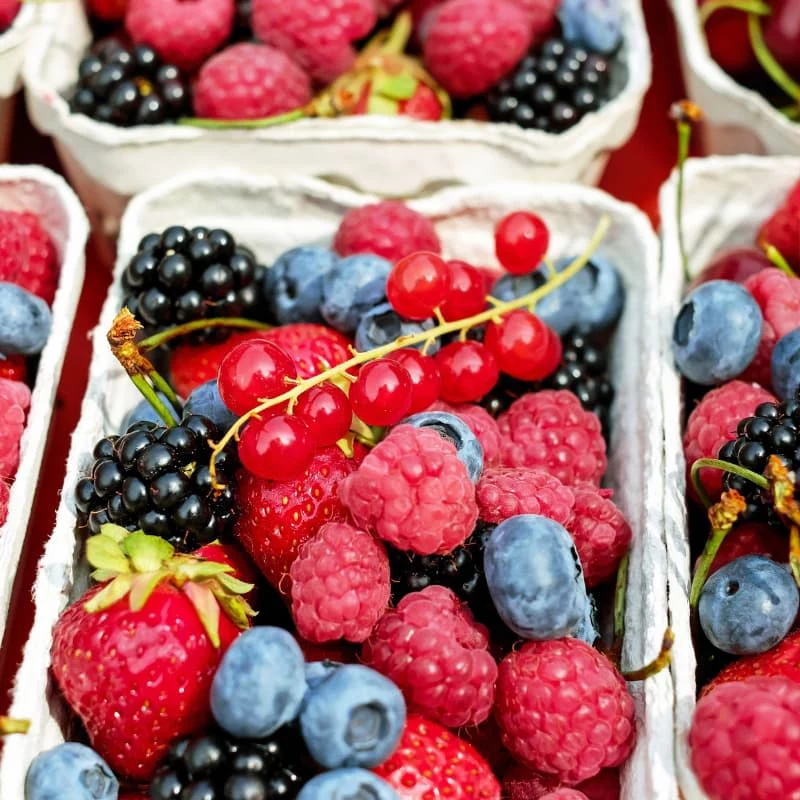
Berries
Raspberries, blackberries, and blueberries—everyday berries that you can find at the grocery store pretty much all year round—are rich in antioxidants which improve the overall health of vessels, veins, and capillaries of the circulatory system by reducing inflammation.
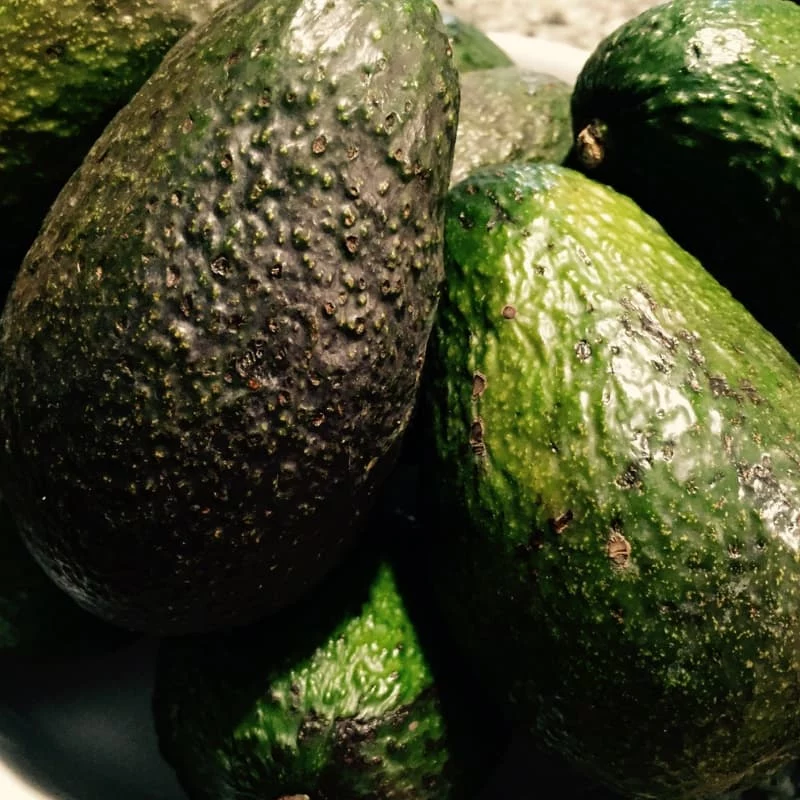
Avocados
In addition to their various anti-inflammatory properties, avocados are packed with heart-healthy fats, vitamin E, and—most importantly—potassium, a key mineral that can help offset the dangers of a diet that’s rich in sodium (like most American diets are). Why would that matter? Because a diet that’s heavy in sodium and light in potassium can lead to high blood pressure which can make varicose veins more prominent.
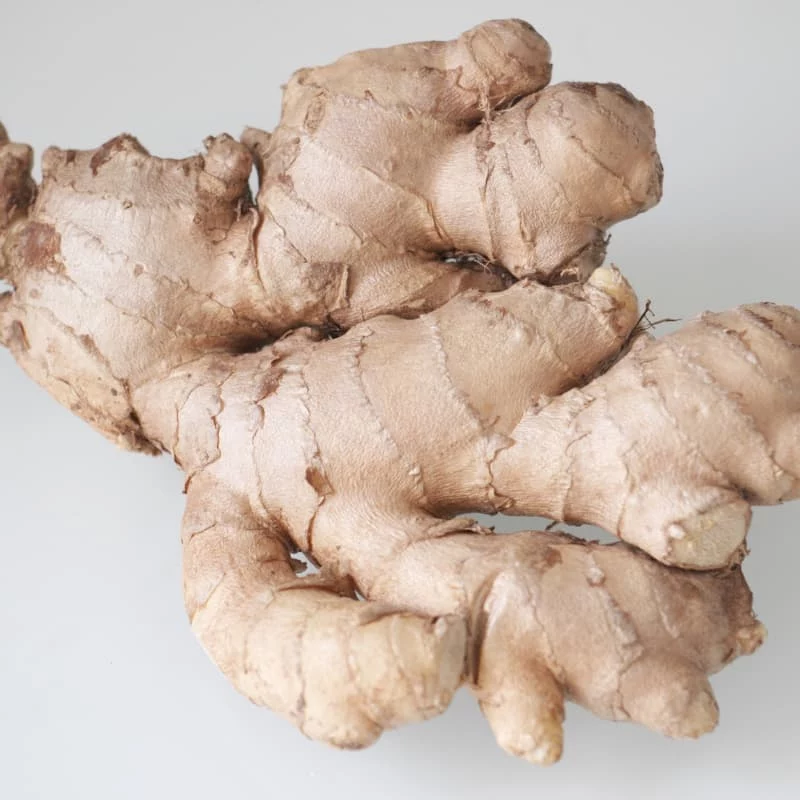
Ginger
Ginger root is a super-charged anti-inflammatory food that anyone who’s trying to avoid varicose veins needs to eat more of. It improves cardiovascular health, helps the body regular blood sugar, and even helps destroy the fibrin, a protein that makes it easier for varicose veins and spider veins to form.
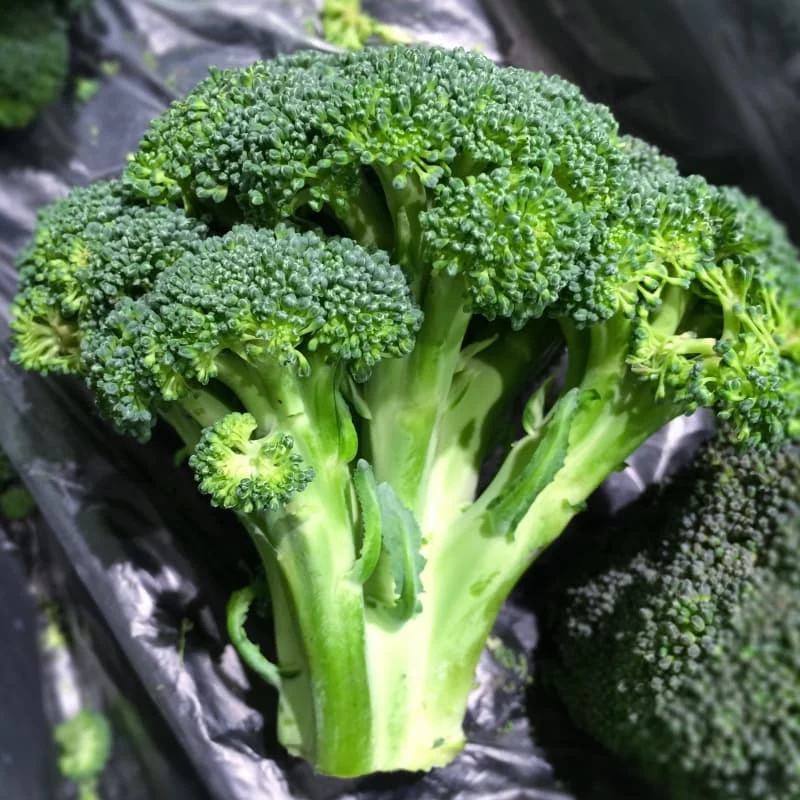
Broccoli
Varicose veins start to form when the vessel walls and valves of the circulatory system start to weaken, which is why broccoli (and other dark greens) are so important to eat—they’re rich in vitamin K which helps strengthen those cardiovascular weak spots.
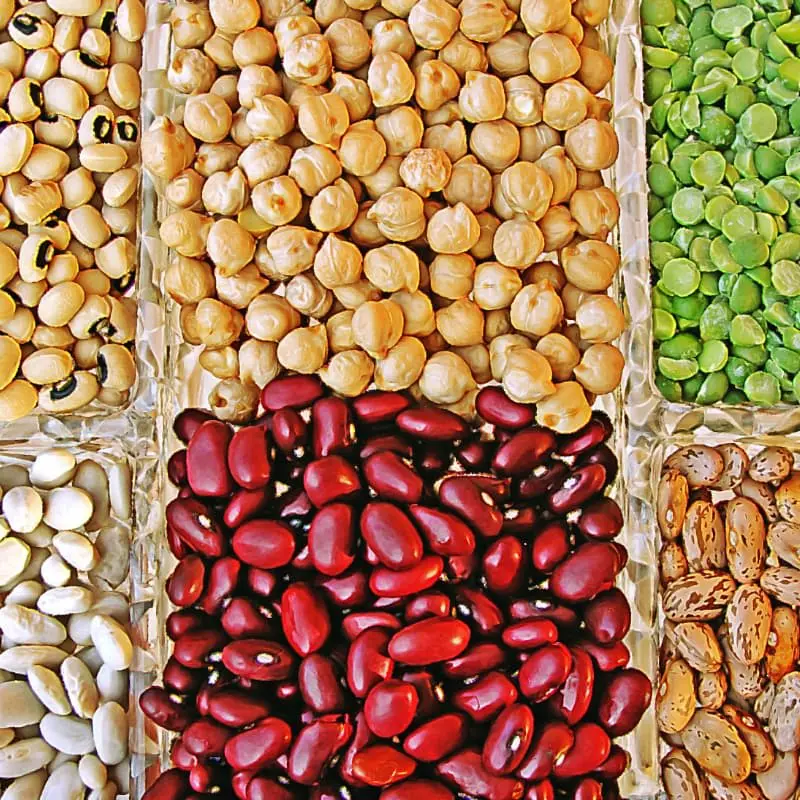
Legumes
Packed with healthy vegetable proteins and loaded with fiber, legumes are a food built to fight varicose veins. Fiber helps eliminate undo pressure from the cardiovascular system; undo pressure that—if left unchecked—can accelerate the formation of varicose veins.
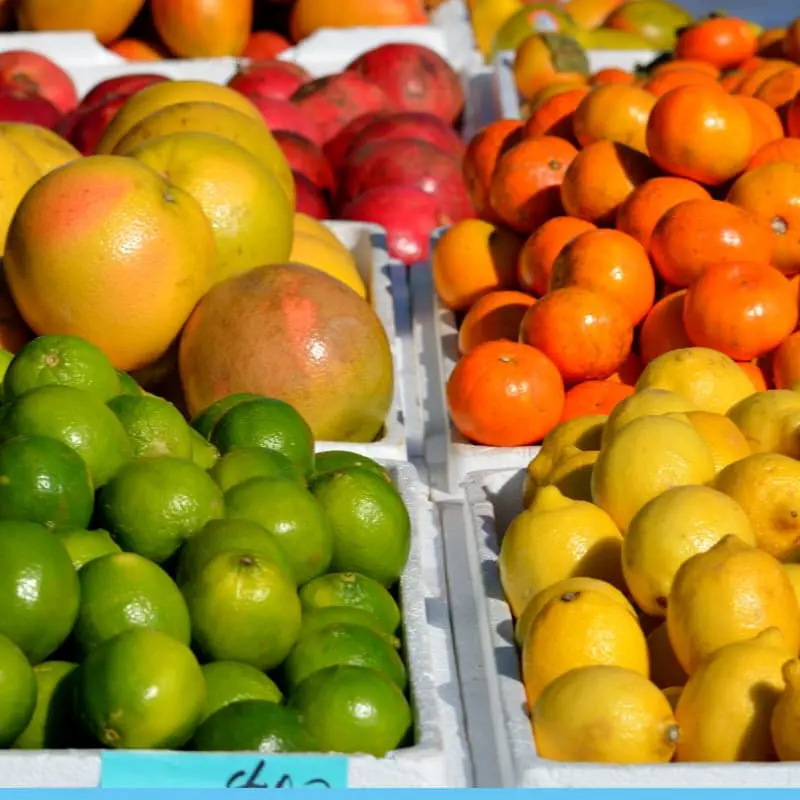
Citrus fruits
Limes, lemons, oranges, and grapefruits are known for being two things: sweet and sour. In the case of varicose veins, it’s the sourness that’s most important. That’s because the sourness indicates the presence of ascorbic acid, also known as vitamin C. Ascorbic acid allows the body to fight inflammation and produce collagen, a protein that promotes keeps veins, vessels, and capillaries to be strong, flexible and healthy.
To learn more about varicose veins, or any number of health and wellness topics check out one of Dr. Mok’s free books.


